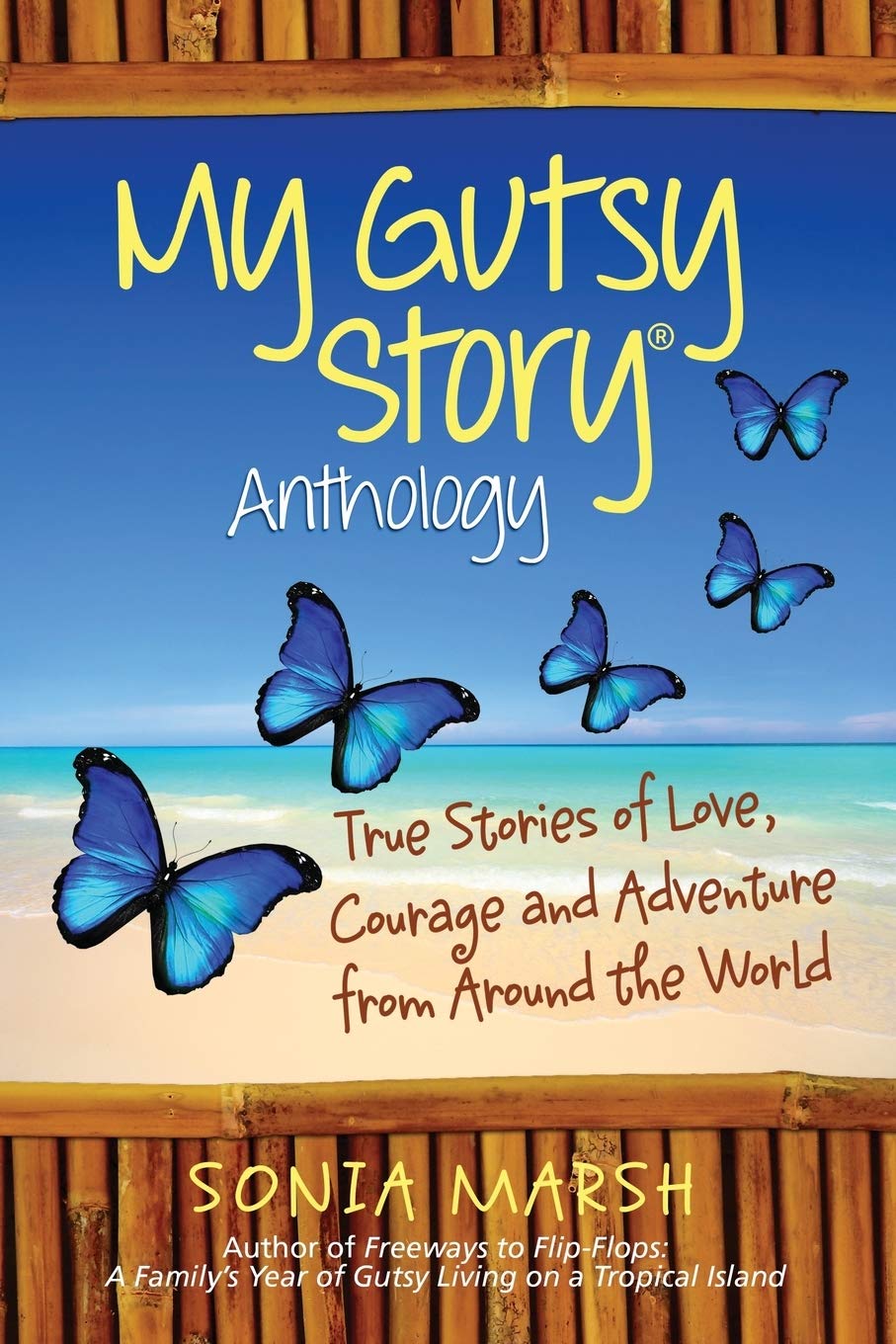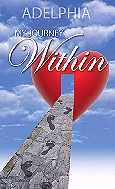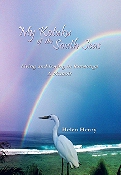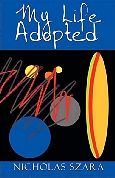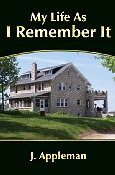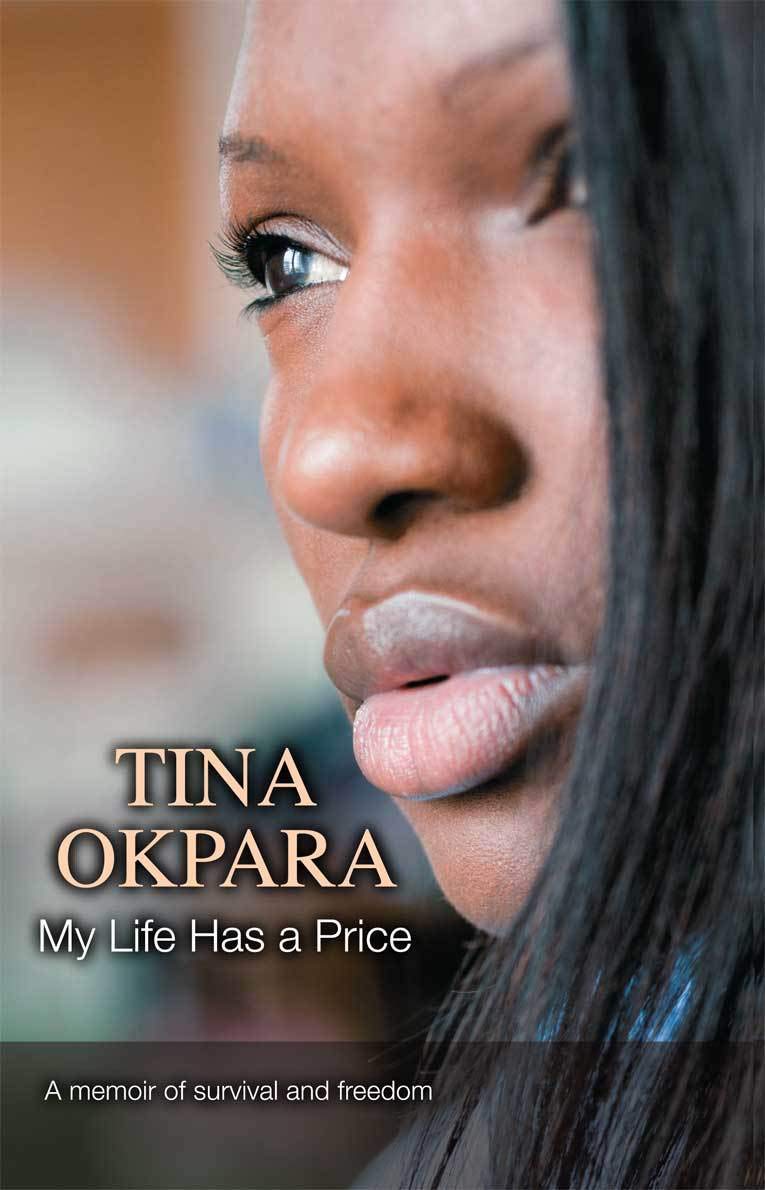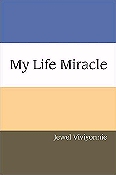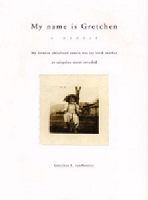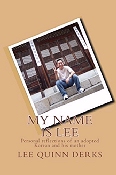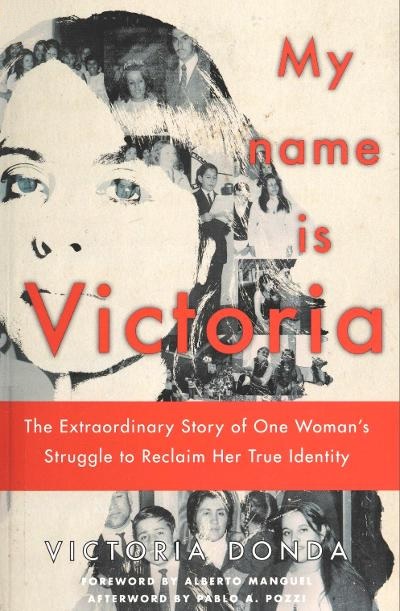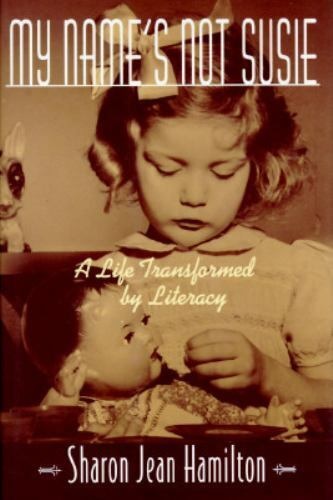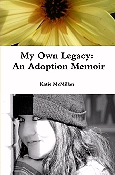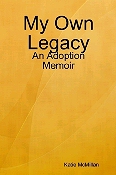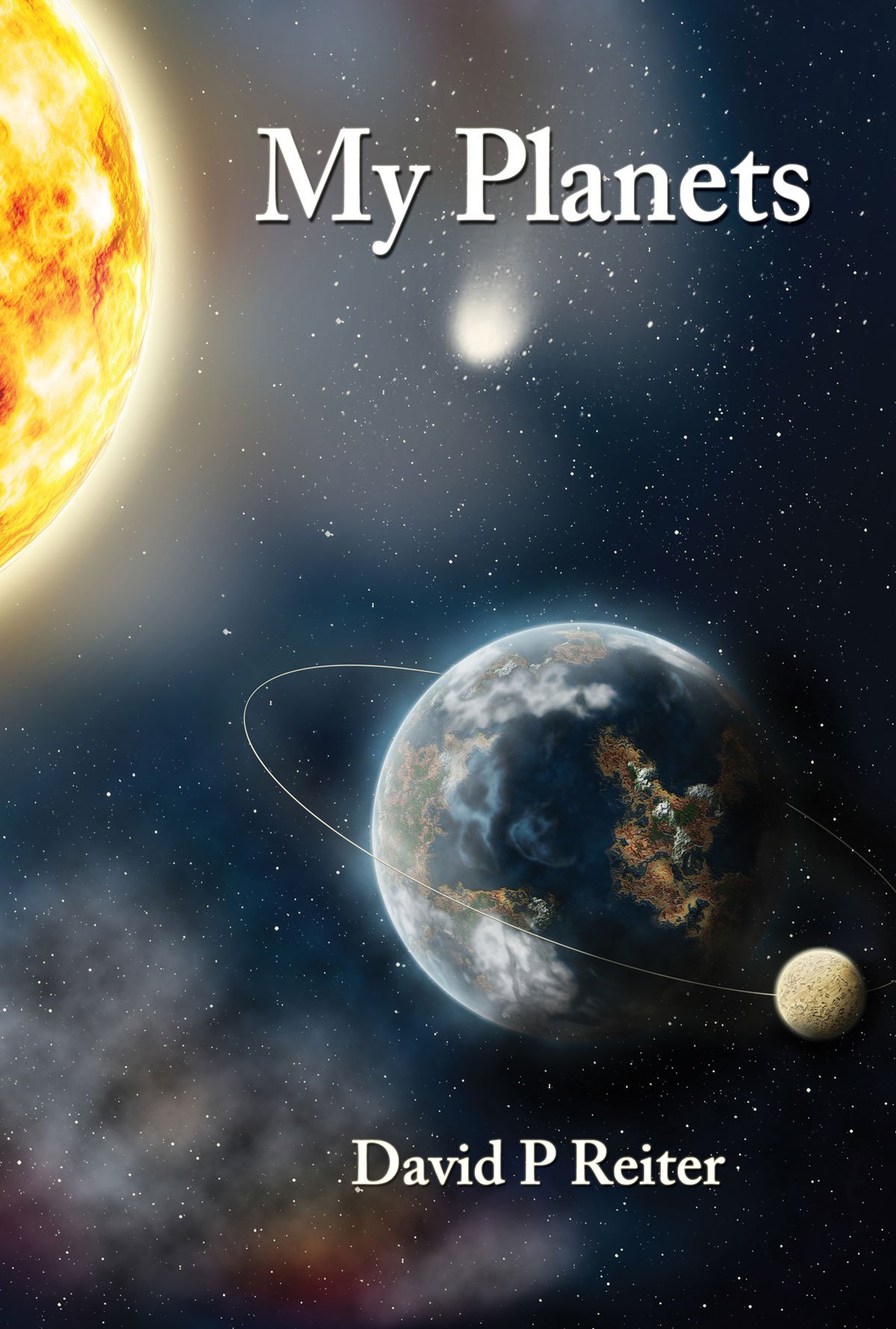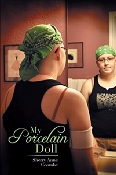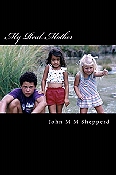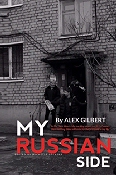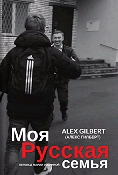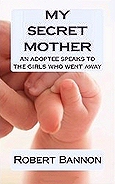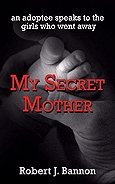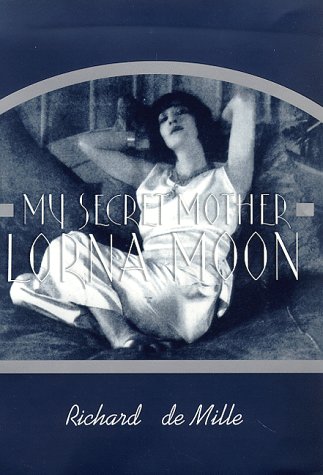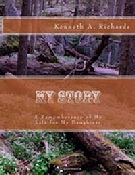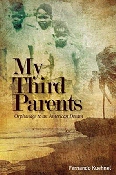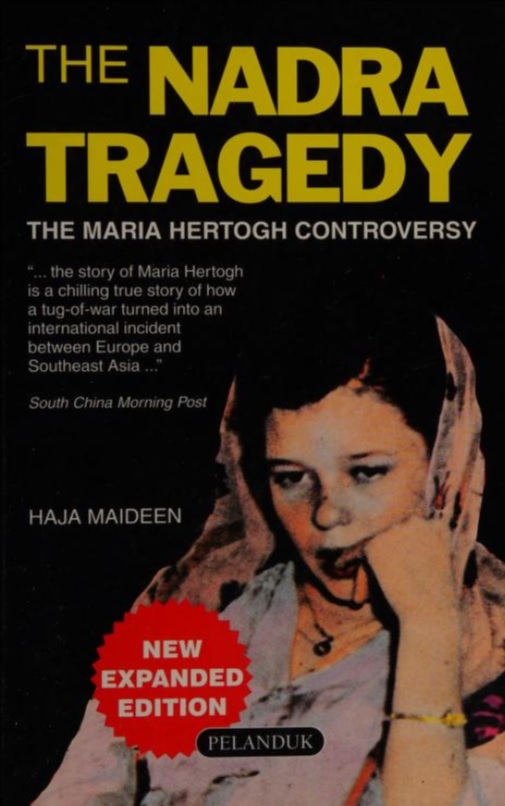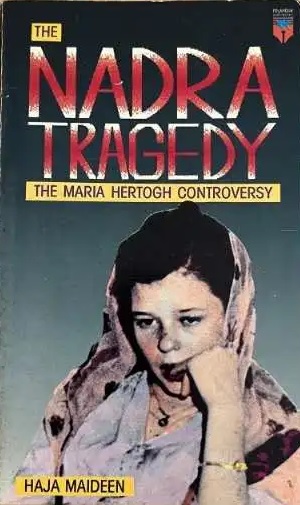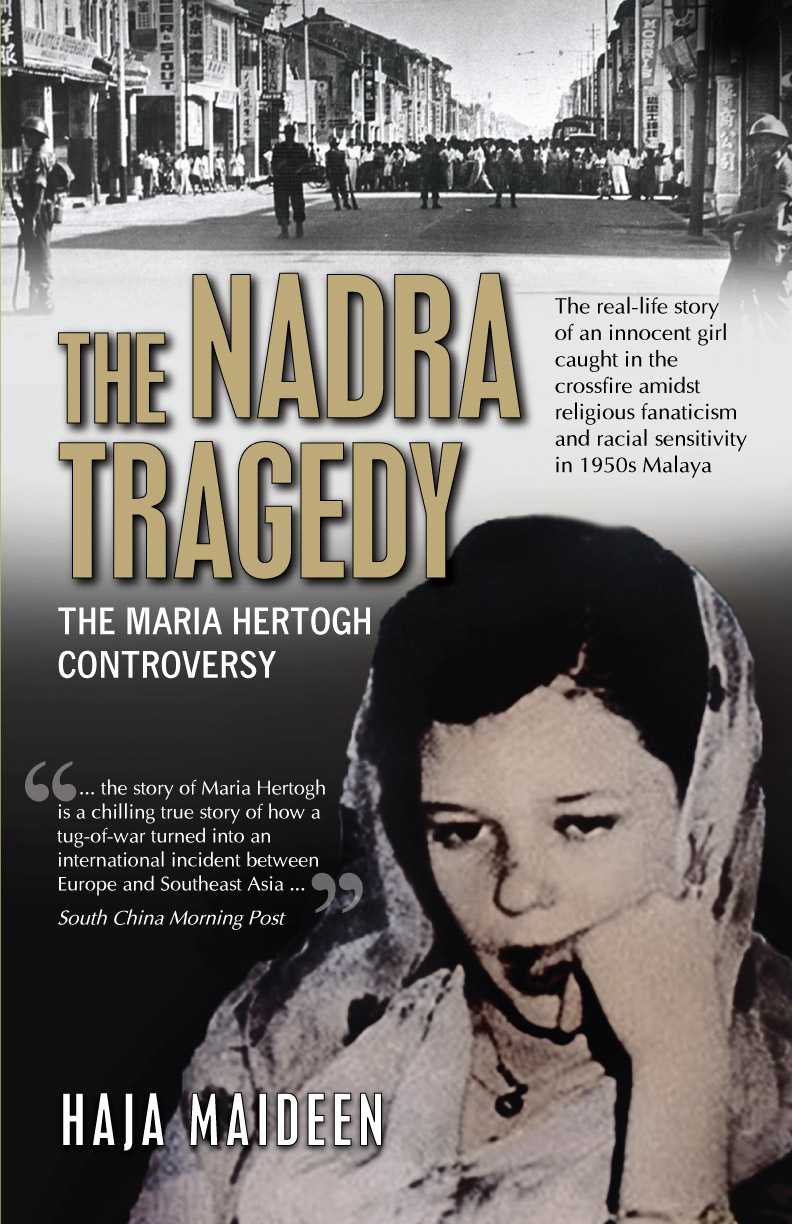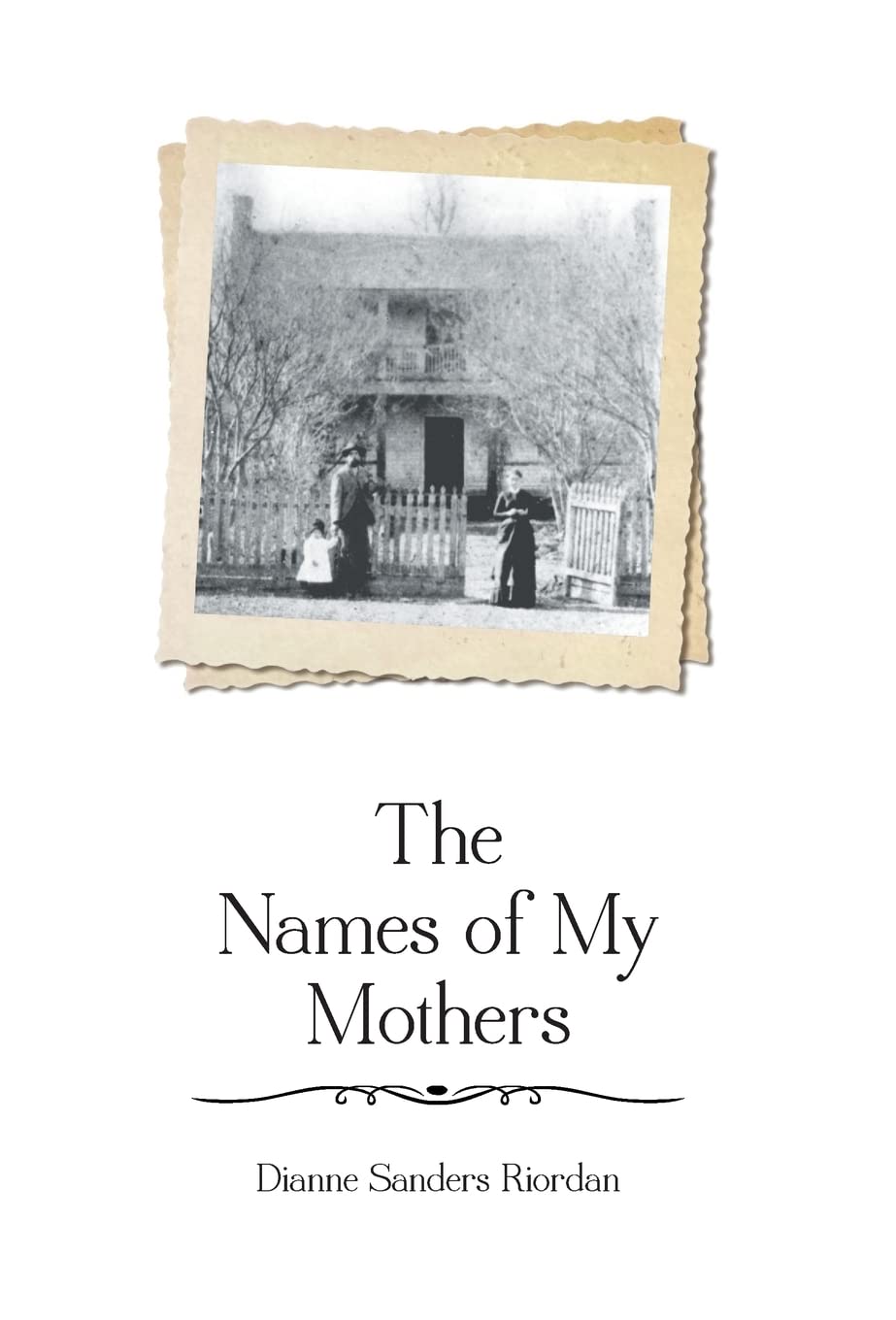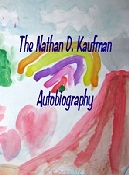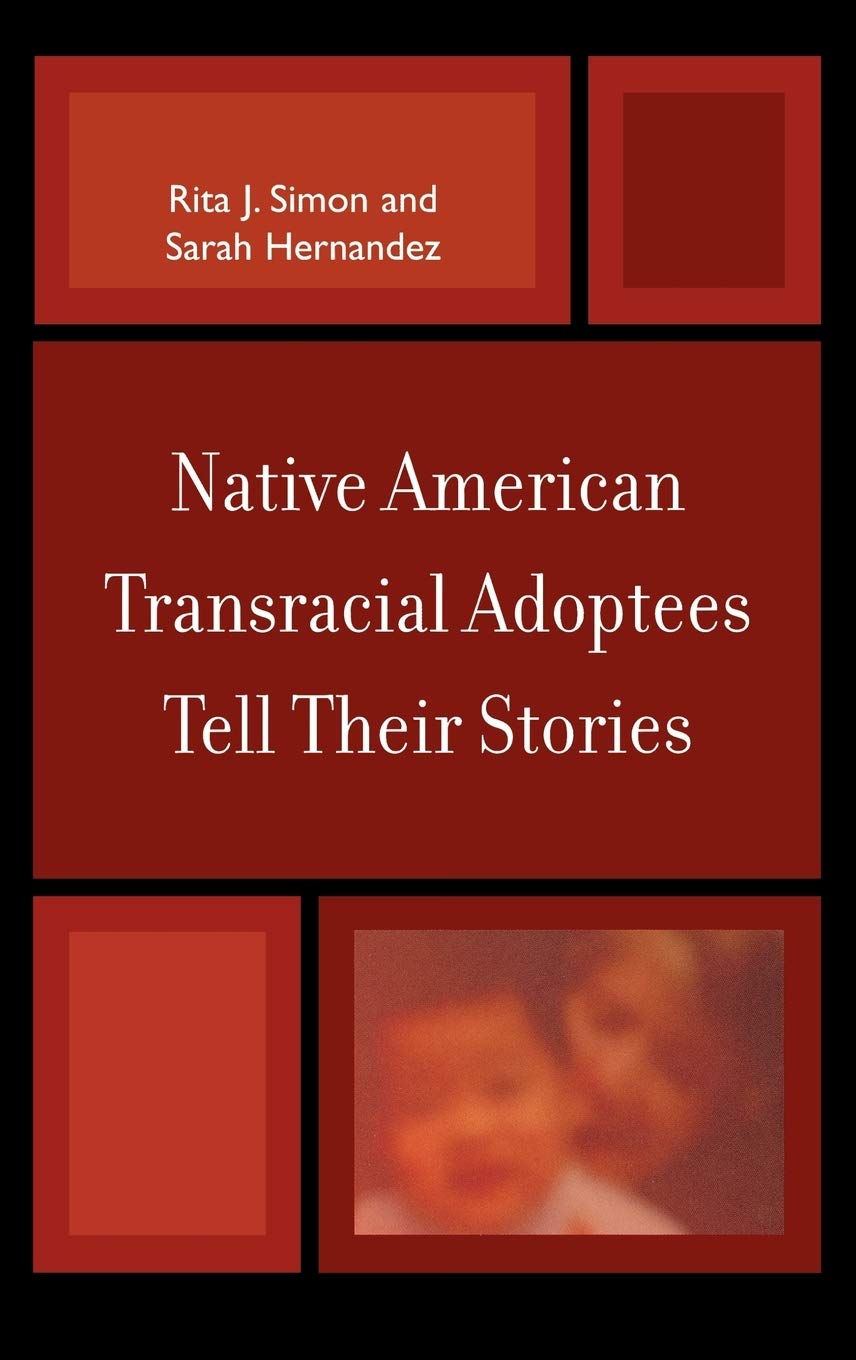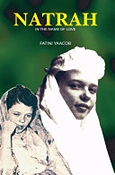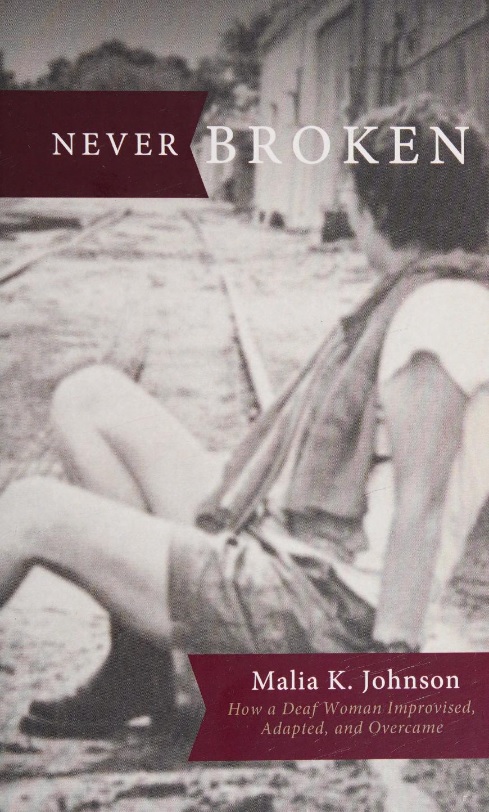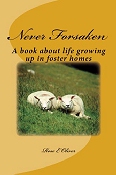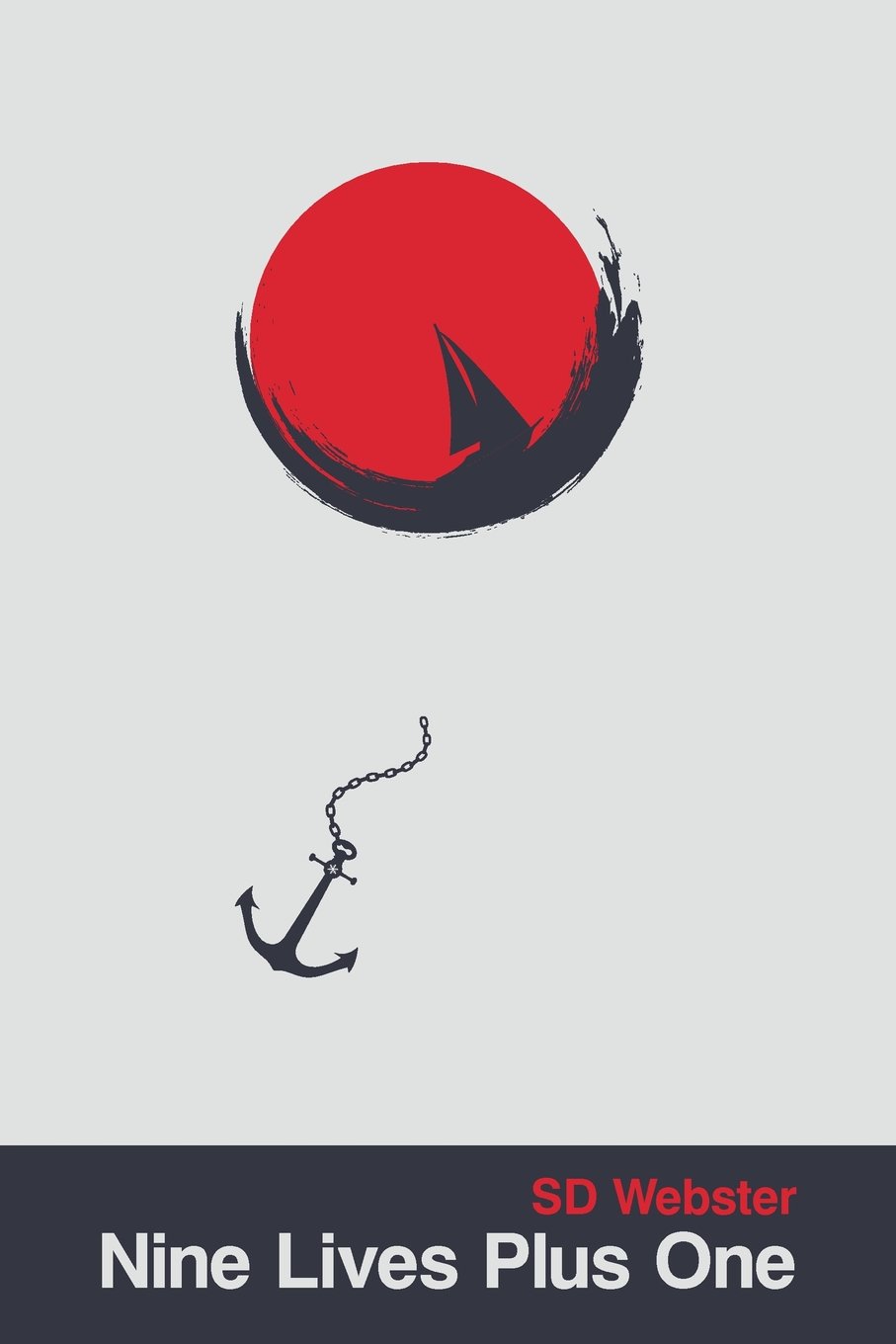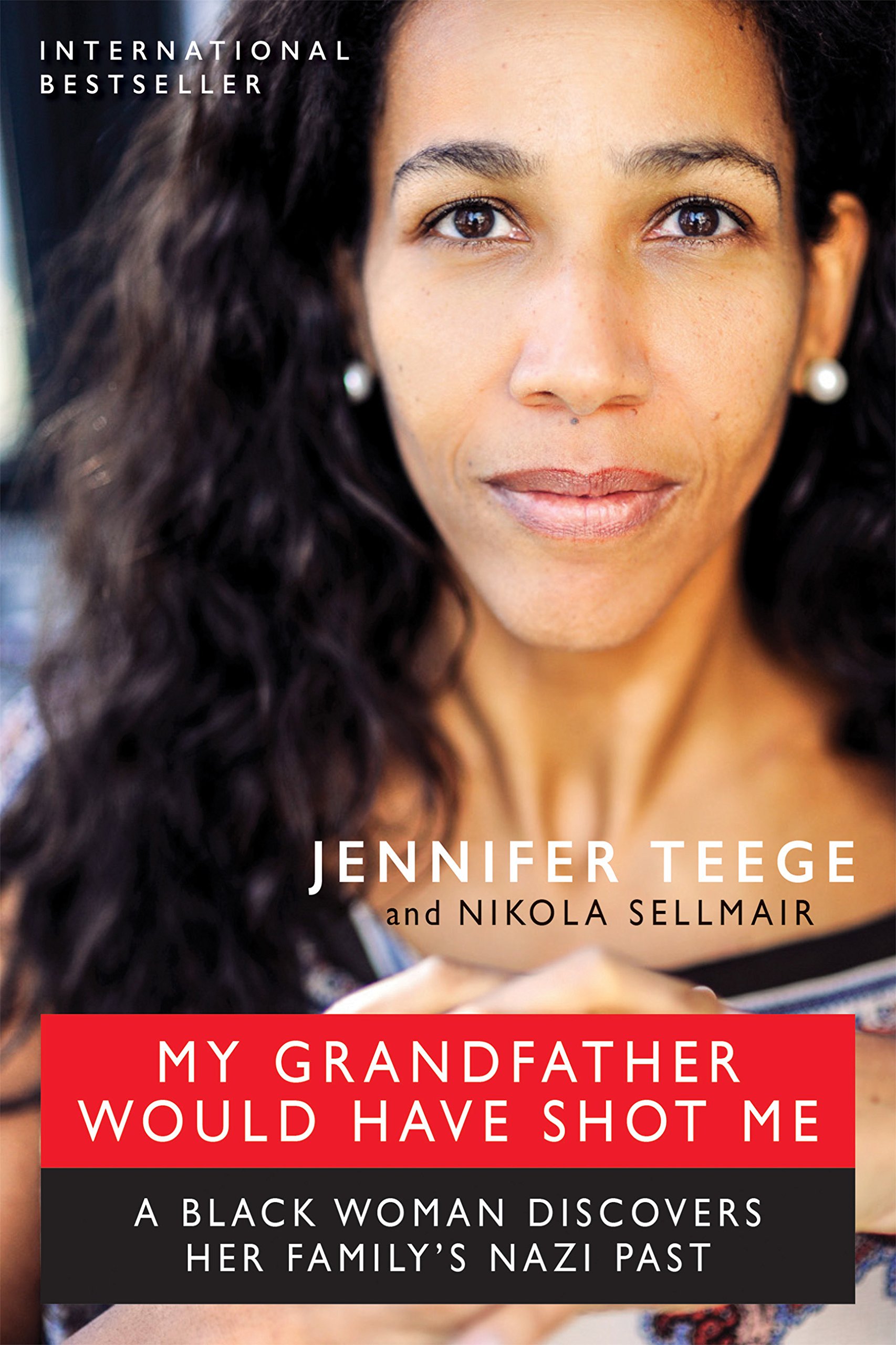 |
|
 |
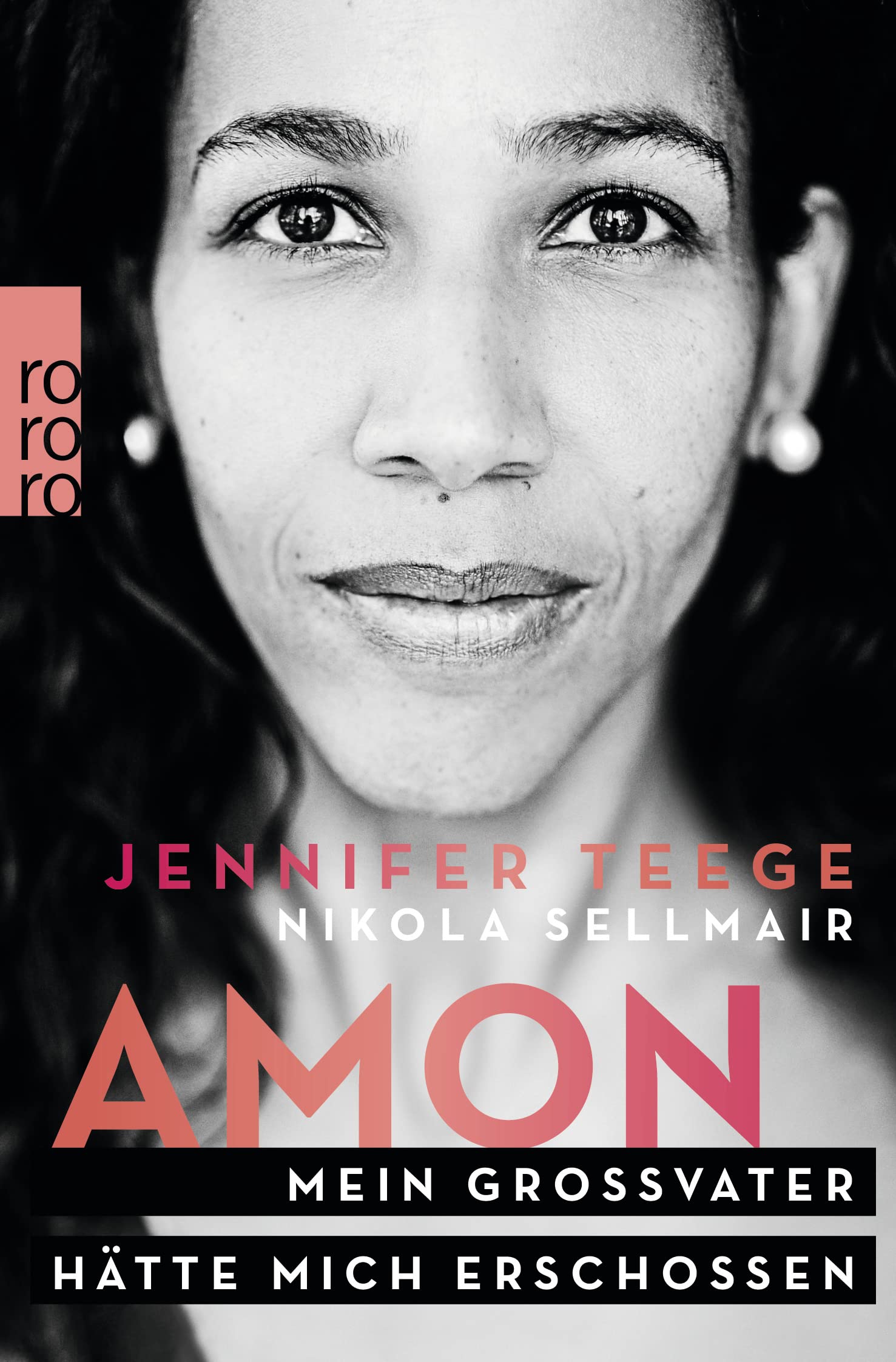 |
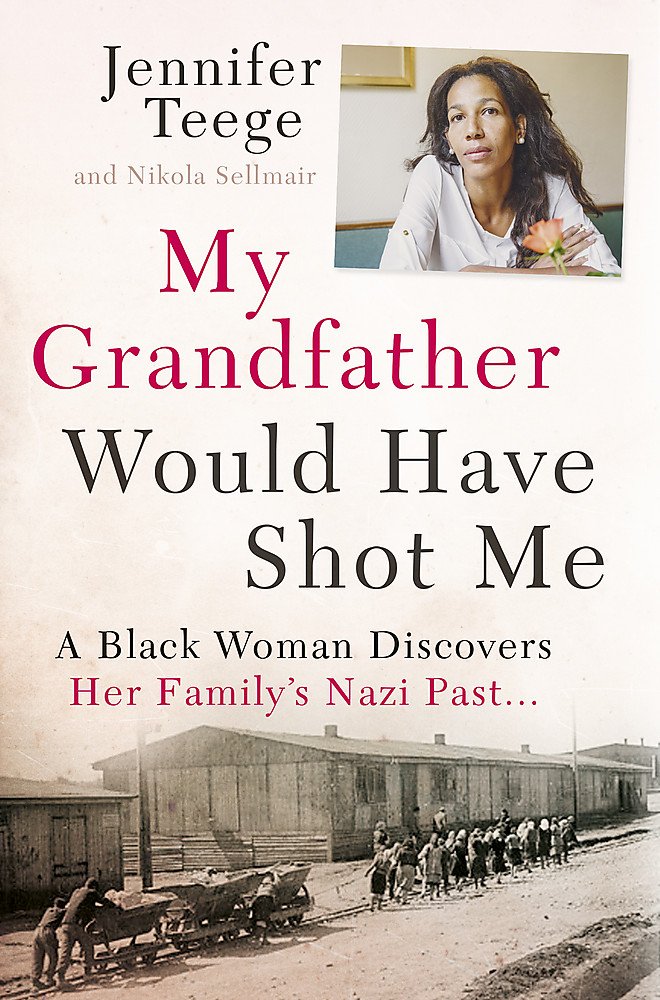 U.K. Edition |
Although raised in an orphanage and eventually adopted, Teege had some contact with her biological mother and grandmother as a child. Yet neither revealed that Teege’s grandfather was the Nazi “butcher of Plaszów,” executed for crimes against humanity in 1946. The more Teege reads about Amon Goeth, the more certain she becomes: If her grandfather had met her—a black woman—he would have killed her.
Teege’s discovery sends her, at age 38, into a severe depression—and on a quest to unearth and fully comprehend her family’s haunted history. Her research takes her to Krakow—to the sites of the Jewish ghetto her grandfather “cleared” in 1943 and the Plaszów concentration camp he then commanded—and back to Israel, where she herself once attended college, learned fluent Hebrew, and formed lasting friendships. Teege struggles to reconnect with her estranged mother Monika, and to accept that her beloved grandmother once lived in luxury as Amon Goeth’s mistress at Plaszów.
Teege’s story is co-written by award-winning journalist Nikola Sellmair, who also contributes a second, interwoven narrative that draws on original interviews with Teege’s family and friends and adds historical context. Ultimately, Teege’s resolute search for the truth leads her, step by step, to the possibility of her own liberation.
About the Author: Jennifer Teege has worked in advertising since 1999. She lived for four years in Israel, where she became fluent in Hebrew. She holds a degree from Tel Aviv University in Middle Eastern and African studies. Teege lives in Germany with her husband and two sons. This is her first book.
Nikola Sellmair graduated from Ludwig Maximilians-University Munich and has worked in Hong Kong, Washington, D.C., Israel, and Palestine. She has been a reporter in Hamburg at Germany’s Stern magazine since 2000. Her work has received many awards, including the German-Polish Journalist Award, for the first-ever article about Jennifer Teege’s singular story.
Born in Germany, Carolin Sommer studied applied languages at universities in Germany, France, and the UK before settling in the UK in 1997. After working in bilingual roles for multinational companies for several years, she took a career break to look after her three sons. Translations have been her career focus since 2011.
